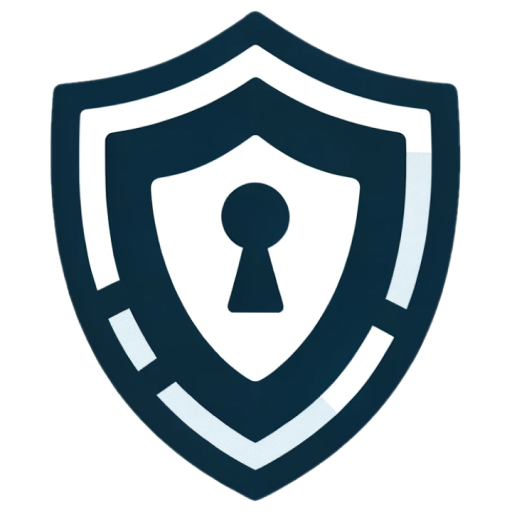Navigating the digital world comes with its risks, like data breaches, hacking, and unwanted ad targeting. To help you stay safe online, here are seven key tips that everyone should follow.
1. Opt for Strong, Unique Passwords
Weak passwords are often the gateway for hackers and identity thieves. Avoid using easily guessable passwords like your birthday, pet’s name, or simple sequences like "123456." Instead, craft strong, unique passwords for each of your accounts.
A robust password should be a mix of letters, symbols, and special characters, and ideally be at least 8 characters long. To manage this, consider using a password manager, which can generate and securely store complex passwords for you. Remember, using the same password across multiple accounts is risky – if one gets hacked, the rest are vulnerable too.
2. Enable Two-Factor Authentication
Two-factor authentication (2FA) adds an extra layer of security to your online accounts. After entering your username and password, 2FA requires a second form of verification, like a code sent to your email or phone, or answering a security question. This extra step is crucial in protecting against identity theft and data breaches.
3. Keep Your Software Updated
Always use the most current version of your software. Regularly update your web browsers and operating systems with the latest security patches to close any vulnerabilities. To make this easier, you can enable automatic updates, so you don’t have to remember to do it manually.
4. Be Cautious with Websites and Links
Always check that the website you’re visiting is secure, indicated by ‘HTTPS’ in the URL and a padlock icon in the address bar. HTTPS sites encrypt your data, making it much harder for it to be intercepted. Be wary of websites with misspelled URLs or poor grammar – these could be fake sites set up to spread malware.
Exercise caution with links from unknown sources. Verify their authenticity before clicking. When shopping online or entering financial information, only use reputable sites and avoid saving your financial details on these platforms.
5. Steer Clear of Unsecured Wi-Fi Networks
Public Wi-Fi networks are convenient but often unencrypted, making them a hotspot for digital eavesdropping. On these networks, anyone with the right tools can see what websites you visit and the information you input. If you must use public Wi-Fi, make sure your firewall is active, and avoid accessing sensitive information like your bank accounts or entering personal details.
6. Be Wary of Suspicious Emails
Exercise caution with emails that ask for personal details or urge you to act quickly, especially those that seem to come from banks or legitimate companies but ask for sensitive information. Phishing attempts often mimic the style of official communications to trick you into revealing personal data.
Be skeptical of emails offering unbelievable prizes or gifts. These are often traps to install malware on your device. Don’t download attachments from unknown sources, and be cautious even with simple Yes/No prompts, as these can sometimes be disguised malware. When in doubt, it’s safer not to open emails from suspicious senders.
7. Be Cautious with Personal Information Sharing
Sharing too much online can expose you to identity theft, doxxing, and data breaches. Cybercriminals can piece together even small bits of your information to cause harm. Be mindful of what you share, especially with strangers or on public platforms, and avoid disclosing personal details unnecessarily.
Wrapping Up
In the digital world, being proactive about your privacy and security is crucial. The potential harm from online threats often outweighs the effort it takes to implement protective measures. By following the tips outlined above, you can safeguard your device and personal data when using the internet. Additionally, staying informed about the latest scams and data-stealing tactics is key to staying one step ahead of cybercriminals.









